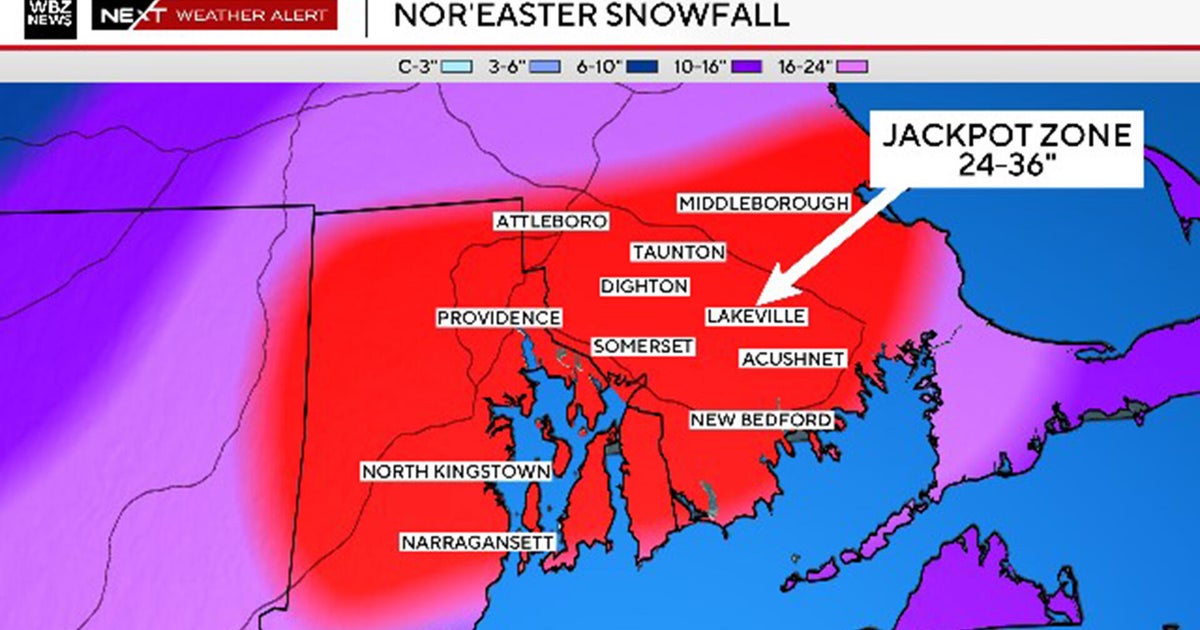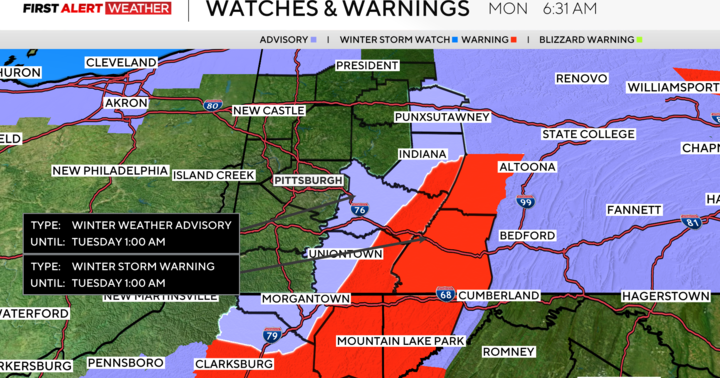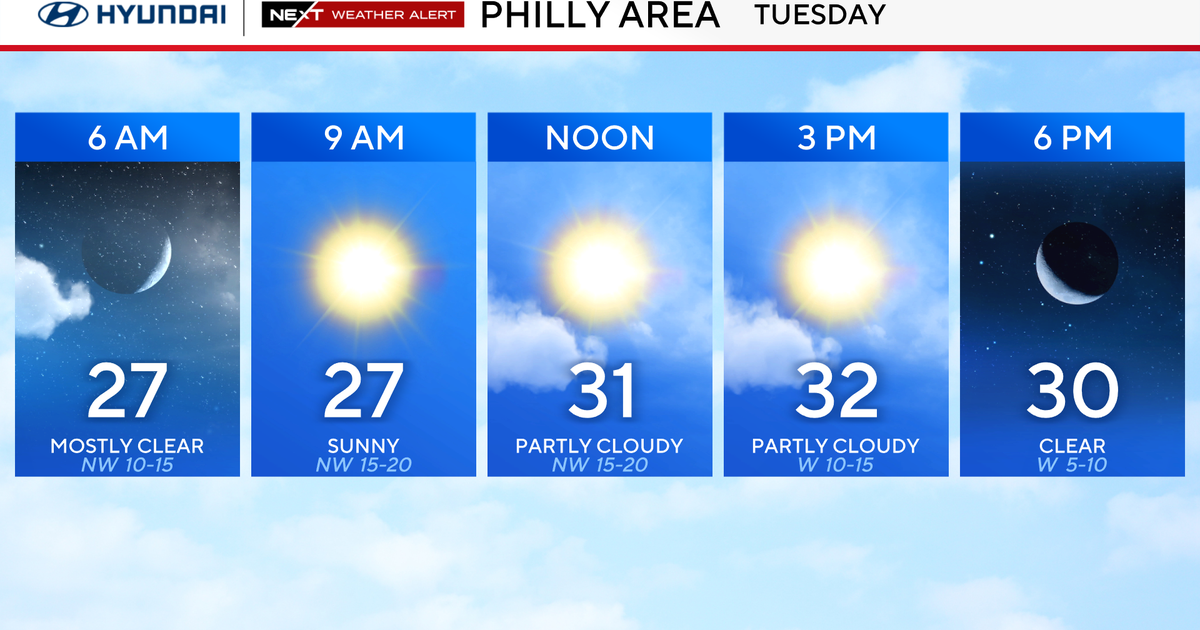Meet The Chase Utley You Don't Know
He walks out of a trendy San Francisco fitness club, leather gym bag slung over his right shoulder, hair slicked back still wet from a shower. He's dressed casually, like he always likes to dress, with jeans and a hip collared shirt, whisking nonchalantly by everyone. No one turns their head or seems to notice the fairly attractive guy with the athletic build once he's on the street, either. Not one.
"See, I don't think I can get away with this in Philly," Chase Utley says, as a sly wise-ass Philly-style grin cuts across his face.
Sometimes anonymity is a good thing. To Chase Utley, it can be sacred. Especially when you're going somewhere fast—like climbing baseball's star ladder. Anonymity means no one tends to deter your way--you just arrive. Plunk, you're there, a superstar--without the trappings. It's the way Chase Utley would like it. What the rest of the world wants, however, is a little different. They want something from him--tugging and pulling on superstars is the media's way, the fan's way. It's not Utley's way. He doesn't do tugging and pulling, so you frequently see an automaton. The blank stare ahead. The stoicism. You see what Chase Utley wants you to see.
Back home it's different. They all seem to remember him as the reed-thin kid with the fast hands. The kid who'd hang around the local batting cages for three, four hours and hit, and when he ran out of quarters, do odd jobs so he could hit some more. They all seem to have a story about his work ethic, his diligence, how he hated to fail, how when those rare times when he did fail, he'd fume for a few moments like he lost the seventh game of the World Series.
From his high school coach, to his college coaches, to the man who directs him today, they all say the same things about him. Loves to hit. Loves to work. Loves to win.
That's Chase Utley. He's such an anachronism, with old-fashioned traits, you can almost imagine him rounding second in a bygone flapping gray flannel uniform, yourself hunched over listening to his every exploit through a Philco Baby Grand grill rather than seeing his image splashed across a 52-inch LCD widescreen.
What you don't know, what he keeps tight to his chest is the secret. It's a rather simple, yet rare one he's mastered through time and experience: That uncanny ability to make the world go away. It's an ability not every athlete has. Just him, a bat in his hands, and a ball coming at him. He simplifies it. Slows it down. Shuts out background noise. Shuts out sight.
Off the field, he's the same way. The media swarms buzzing around Major League Baseball's playoffs and World Series can be daunting. It didn't gobble up Utley. Watch him at his locker during a post-game interview and the questions seem to glance off him as if he were iron, looking straight ahead and rarely making eye contact with his surrounding inquisitors, seemingly in another world.
It's what makes Utley good, bordering on possibly great. We saw that in last year's World Series. We saw him drive two balls deep into the cool autumn night sky off the Yankees' C.C. Sabathia, a pitcher most hitters fear.
That's also Chase Utley.
His game is part blue-collar, part Mercedes-Benz. There's no better offensive second baseman in the game today-and no better second baseman in Philadelphia Phillies' history. It comes in an economical, barebones package. We're not talking about a self-absorbed prima donna here, no primping or pretense, no desire for flamboyance. He wants to hit, field, and win, then very much wants to disappear as soon as the game is over.
The probers are left with an empty leather chair in front of his clubhouse locker. They want more of him. We want more of him, to delight in his genius at the plate. But maybe there isn't any more. Maybe it's just the way he is.
That, too, is Chase Utley.
"That's the way I've always been," Utley says. "I know I'm not the most gifted athlete in the world. I know I've gotten here through hard work. You ask anyone who knows me, I let my playing do my talking. Or anyone (in the Phillies clubhouse), if there is something I have to say, I know who I need to say it to, I don't have to let anyone else outside (the clubhouse doors) know what's said. I think with me, people like to look for something that's not there.
"I keep my worlds separated. I enjoy my friend time, my family time, my baseball time and my private time. It becomes difficult at times balancing everything. But I think when you reach this level, people want more. They want to look deeper into you. I don't feel it's necessary that I pump myself up. I never did. My father always told me if you're good, let other people tell you that you're good. Maybe reporters are looking at me to provide the big quote. But I don't see the need to put myself out there like that. I won't change.
"I just don't like controversy or being controversial. It's why I stay to myself, stay within what I do on the field and let my play do all the talking. We play the game for a lot of different reasons to succeed at this level. At the majors, winning is the only thing that counts. My goals are the same and that's to be the best, not just individually, but to be the best team. To win. It's what keeps me going. It's what has always kept me going."
A Self-Made Star
Before he set a Major League Baseball postseason record by reaching base in 26-consecutive games in 2009, before he walked into the rarified air with baseball immortal Babe Ruth, as the second left-handed batter to hit two home runs in a World Series game against a left-handed pitcher, and before he tied Reggie Jackson with five World Series home runs, Chase Cameron Utley was a skinny, slightly undersized kid living in a nice spacious home in Long Beach, California.
Utley was a typical kid, doing typical kid things, like riding his bike all day. He wasn't much of an animal lover then as he is today, and the Utleys, David and Terrell, his parents, had their share. Everything from iguanas, to rabbits, chameleons, birds, cats and dogs. "We had a bunch of animals, and those birds would get loose and I liked them until they didn't like me," Chase says, laughing.
David, an attorney, likes to joke he created the hitting machine that we see today when he turned his son around from a right-handed hitter to a lefty. "But the real reason is because I got tired of huffing and puffing running down the street after the balls he hit," David says. "I told him to bat left so the balls would hit the house and I didn't have to go running after them."
That's where it started. The love of the game evolved further from the times David would take Chase to nearby Blair Field to watch Long Beach State play. Summer afternoons were often filled with David dropping off Chase at the Lakewood Batting Cages, which today has an autographed Chase Utley card signed "To Lakewood Cages!" behind the counter. Hours would pass, and this was before the advent of cell phones, when David would come back to pick up his son.
To David's amazement, Chase was still hitting.
"He'd run out of money and the people who own the cages would put him to work, sweeping or selling popcorn, so he could hit again for another half hour," David said. "There were times we were afraid, me and my wife, that we'd be accused of abandoning him."
Chase's determination carried on to Long Beach Poly High School, which not only produced Chase, but Tony Gwynn and Milton Bradley, plus current Philadelphia Eagles' star DeSean Jackson. Poly played its home games at Blair, where at night, the damp evening air made it tough for fly balls to travel great distances, and the wind blowing in from right field made it that much more difficult to hit homers.
At Poly, Utley started all four years. But what pointed Utley to the stardom road was his senior season. Bill Powell, who had been coaching high school baseball since 1963, coached the Jackrabbits that year. He's had his share of first-round draft picks. Though Powell never saw anyone who had hands quite like Utley.
"The fastest hands I've ever seen on a high school player," Powell recalls. "Chase was by far the greatest high school hitter I ever had or I've ever seen. One time, we played an American Legion game at Downey High School, and they intentionally walked Chase-with the bases loaded. He was something special. He still is."
Utley hit over .500 his senior year, with a slugging percentage of over 1.000. He struck out just twice in 80 at-bats, and blasted a Poly single-season record 14 homers, three in one week over the formidable right-field fence at Blair.
"I don't think there was one homer less than 400 feet, I mean these were bombs," Powell remembers. "Chase was always, always in the game, always intense. You see the way he stares at the pitcher, and how he looks down that bat when he's hitting, that's the intense look he had here at Poly.
"His record for homers in a season is something that will never be broken. I never had a kid hit more than three home runs in a season since Chase. No one could ever swing a bat like him, and I can honestly say that I saw this coming. I can repeat this to the day I die, I've never seen a better high school hitter than Chase Utley."
Utley's hitting got him noticed by the Los Angeles Dodgers, who drafted him in the second round of the 1997 amateur draft. But the Utleys wanted to wait-and Chase turned down an $850,000 offer from the Dodgers and opted instead to go to UCLA on a baseball scholarship.
"Chase made his own mind up, but my wife and I encouraged him to wait," David Utley says. "The dollars offered were a lot, but the trade-off for a kid coming out of high school was facing much greater odds of making it than someone older.
"The way we approached it with Chase was that if he was really the guy the scouts wanted us to believe he was, he'd be the guy in three years, only bigger, stronger and more mature. Chase was going to play for one of the premier college programs in the country. It was an opportunity for him to make friends during his college years, potential friends for life. We wanted him to enjoy his college experience."
Chase did, though at first, it came with a stark slap of reality. The star high school shortstop wasn't able to get to groundballs that were flying off college aluminum bats. He didn't have the arm strength to beat college runners to first. Consequently, Utley's freshman year produced a mediocre .862 fielding percentage and 24 errors. The poor fielding reflected on his hitting. Something had to be done, and legendary Bruins' coach Gary Adams had an answer-move Utley to second.
"Chase puts a lot of pressure on himself; he hates to fail," said Adams, now retired after coaching 30 years at UCLA. "He didn't verbalize it much."
David Utley was right. At UCLA, Chase did blossom on a number of levels. His dry sense of humor began emerging, and with those he really knew well, he wasn't afraid to playfully rip them. He's still the same today.
Former Colorado Rockies third baseman Garrett Atkins, a close friend of Utley's, was at UCLA when Chase played there. Atkins was often the butt of Utley's teasing, mostly about getting his butt down on ground balls. But something else also surfaced at UCLA that Adams quickly noticed.
"Chase doesn't like the spotlight," Adams observed then, and notices now. "Even when I see him today, he'll be the star of the game, knock out a few, and he'd rather have someone else be interviewed. His motto at UCLA was the star of the team is the team. I still think that's the way he thinks. With close friends and just hanging out, Chase can be very funny. Everyone always liked being around him; Chase isn't the life of the party. We had (Arizona Diamondbacks') Eric Byrnes here when Chase was here. Byrnes loved being the funny man, the life of the party, and Chase would sit in the corner and watch Eric do his thing."
Utley just didn't have a position. Second seemed to be the best fit, and Utley would challenge Adams every day to hit him more ground balls so he could get acclimated to this new side of the field. Adams hit a ton of ground balls, Chase would want more. He chopped his errors down to 13 his sophomore year and 12 as a junior.
"If he missed a ground ball in practice, he'd react like he just missed a ground ball against Arizona State," Adams says. "It's something I didn't teach him, it's just his nature. He would get aggravated when I didn't challenge him. He wanted me to test his range, but I never told him this, I knew he was going to try to get to every ball I hit, so I'd hit them where Chase could reach them. I didn't want him getting hurt in practice diving for a ground ball, because that's what he would do. Chase worked on his defense constantly. He knew that people didn't praise his defense, like they praised his hitting."
The way this wiry kid could smash a baseball awed Adams and his staff. Utley was a sight his freshman year, before he embarked on a weight-training program for the first time. He was never going to be the Incredible Hulk, but he certainly hit like it for the Bruins, a portent for beyond his UCLA days.
He played 126-straight games for UCLA, a rare feat in college baseball. When he was dealing with calf and foot problems his freshman year, when even trotting down to first base pained him every step, Adams wanted to sit him. Utley just darted his coach a look with a simple reply, "I'm playing."
Hearing this broaches a Southern avuncular chortle from the man who coaches Utley today, Phillies' manager Charlie Manuel.
"Doesn't surprise me at all, Utley's the same way today," Manuel said, laughing again. "You try telling Chase to take a day off and he has this look like you just killed his mother. When I first saw him hit, the first thing that came to mind was Ted Williams. I'm not kidding. He has that classic left-handed swing that reminded of him. He's also by far the best prepared player I've ever coached."
The Soul Of A Sports-Starved City
Walk around Philadelphia on any spring day and you're bound to see two, three, four Chase Utley No. 26 jerseys. It's not odd to spot a teenaged girl walking through a Philadelphia park on an unusually warm late-November day wearing an Utley shirt, walking her dog named Chase. He's had that kind of impact on this hardscrabble town. Dogs and cats are named Chase. New parents name their sons Chase. It's not a coincidence.
In the midst of another sagging season, the Phillies weren't about to let Utley slide. They snatched him with the 15th overall pick in the 2000 draft for a team that finished dead last in the National League East at 65-97-tied with the Chicago Cubs for the worst record in baseball and ranked 13th in attendance of the 16 National League teams.
Utley was brought up three years later. Phillies' fans affection for Utley came with a dose of tough love at the outset. He started with a splash. His first major league hit was a grand slam at Veterans Stadium. Two innings later, he struck out and was booed all the way back to the dugout. Now it's hard to fathom anyone at Citizens Bank Park letting Utley have it.
Philly noticed early that he plays with a hardcore, Philly-style chip-on-the-shoulder edge that made him endearing to arguably the most demanding sports fans in the country. If Utley were a boxer, he'd be picking at cuts and bruises in a mirror after winning a slugfest. If he were a basketball player, his knees would be scabby from diving for loose balls. As a baseball player, his gritty, all-or-nothing determination makes him a fan favorite. He doesn't say much. Then again, he may not have to.
Utley has arrived at the perfect time in Philadelphia. This Phillies team, with Utley, Ryan Howard, Jimmy Rollins, Shane Victorino and Cole Hamels at its core, is the greatest team in the history of a franchise that has had far more sorry times than positive ones. It's a character team of character workaholics, and Chase fits right in. His attitude is contagious.
"That clubhouse and those guys are pretty special," Utley says. "It's a real brotherhood we have. I enjoy the relationships and playing through a season with those guys, and I think it's what makes us so successful. It's a bunch of guys who truly care about each other on and off the field. We have some real warriors in that clubhouse who aren't afraid to battle. If they aren't ready, they'll hear about it in the right tone and in the right situation. It's what works for us—knowing each other so well. It really is like a family in here, you don't want to let the other guy down."
He'll be 31 this season. Utley admits that as he gets older, he's going to have to take a day off from time to time to preserve himself for later in the season. But again, that has to be done within the team concept.
"I'm starting to realize that taking a day off will be necessary and something in the future that I'm going to have to adapt to," Utley says. "But I have to always keep the team in mind and think what's best for the team. If taking a day off gets me prepared and ready for a bigger series, or taking a rest gets me better prepared for the playoffs. Then that's what I'm going to have to do. As I get older, I know I won't be out there every day. But my attitude now is that I want to play every day, not just for myself, but for my teammates, this team and the fans. They expect to see me play hard every day, and if I didn't do that for these fans here, I wouldn't feel right."
The city is familiar with Utley and his wife Jenn's philanthropic efforts for abused animals, and sponsoring Utley's All-Star Animals. There are a few more people, like the ones who cover the Phillies on a daily basis, who would like Utley to open the door a little more.
"Chase does a very good job of drawing a line between his baseball life and the rest of his life; he doesn't feel he has to share his personal life with the public," said Philadelphia Daily News national baseball writer Paul Hagen. "It doesn't make him a bad guy. In fact, I know he's a good guy. But I do think it's a shame, because people want to know more about players like Chase. I can see why Chase reacts the way he does, when you see one little thing a celebrity does and it mushrooms into something negative. He's not very accessible after games and that's his right. He's not a guy who will sit at his locker and wait for the media. But that's who Chase is. If he is available, he will come out and say very little.
"I'm not upset or angry about it, and I realize everyone is different. I've covered thousands of players and this is who Chase is. I wish I knew him better. I think he would be an interesting guy and fun to talk to. The fans would certainly like to know him better. But I do respect his right to limit his public exposure any way he sees fit."
Greatness can be subjective in some sports. Not baseball. For now, Utley's numbers say he's the best second baseman in the game.
In 2009, Utley won his fourth-consecutive Silver Slugger Award. Over the last four years, he leads all Major League second basemen in runs (456), hits (711), RBIs (400), on-base percentage (.392) and slugging percentage (.535). He also ranks second in home runs (121), third in doubles (156) and walks (262), fourth in triples (17) and fifth in average (.304).
Another four more years of averaging 29 homers, 106 RBIs, a .295 batting average, 109 runs and 178 hits a season as he's done throughout the first seven years of his career and he won't only be the greatest second baseman in Phillies' history-as he is now-he'll be headed to the Hall of Fame.
Utley pays little attention to the praise.
It could be a high-sky day in May, or a sweltering mid-July weekday, or a chilly afternoon in mid-December. It doesn't matter. He doesn't want to hear it. Andre Dawson once called Utley this generation's Joe Morgan. Nothing. Mike Schmidt constantly extols his ability. Still no reaction. Anyway you twist it, Utley is reticent when it comes to talking about himself.
"I think it's because I really don't think of myself as a star," Chase says. "I've been pretty successful, but I don't feel that I'm someone who can walk down a street and everyone will recognize me like they would someone like Tiger Woods, Derek Jeter or Alex Rodriguez. I can walk around San Francisco, in other cities and no one really knows who I am, except if they're from Philly or an avid baseball fan. Everywhere those guys go worldwide, they'll always have someone looking over their shoulder because they get recognized everywhere. My privacy is very important to me. I wouldn't feel comfortable at all with that. That's not me."
Too late. Superstardom is here. Jeter, A-Rod. Superstars. That, too, is Chase Utley.







